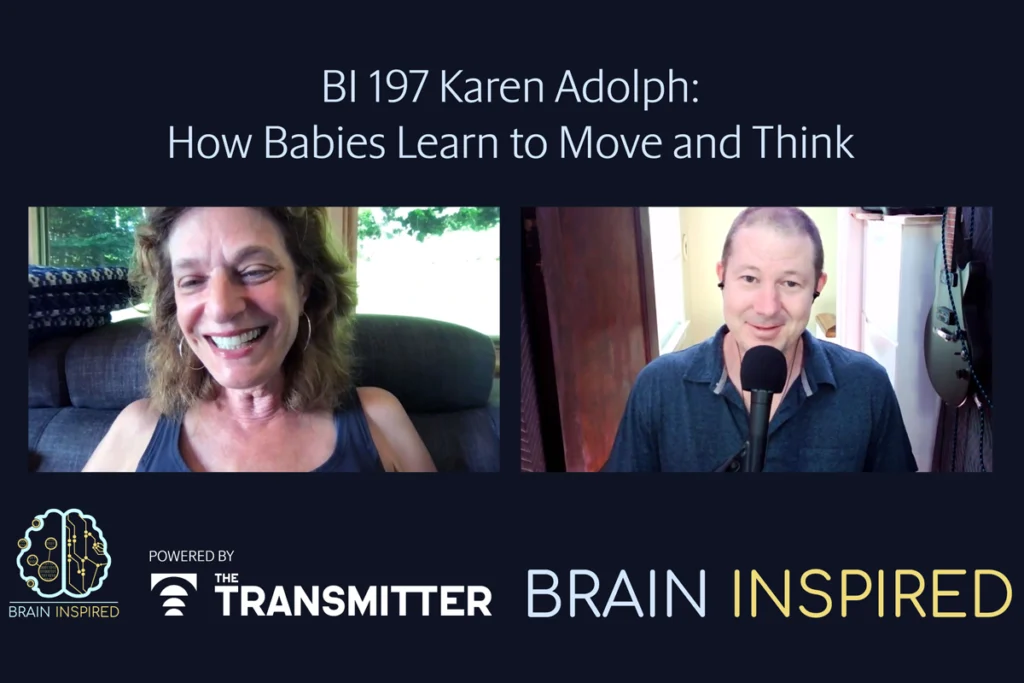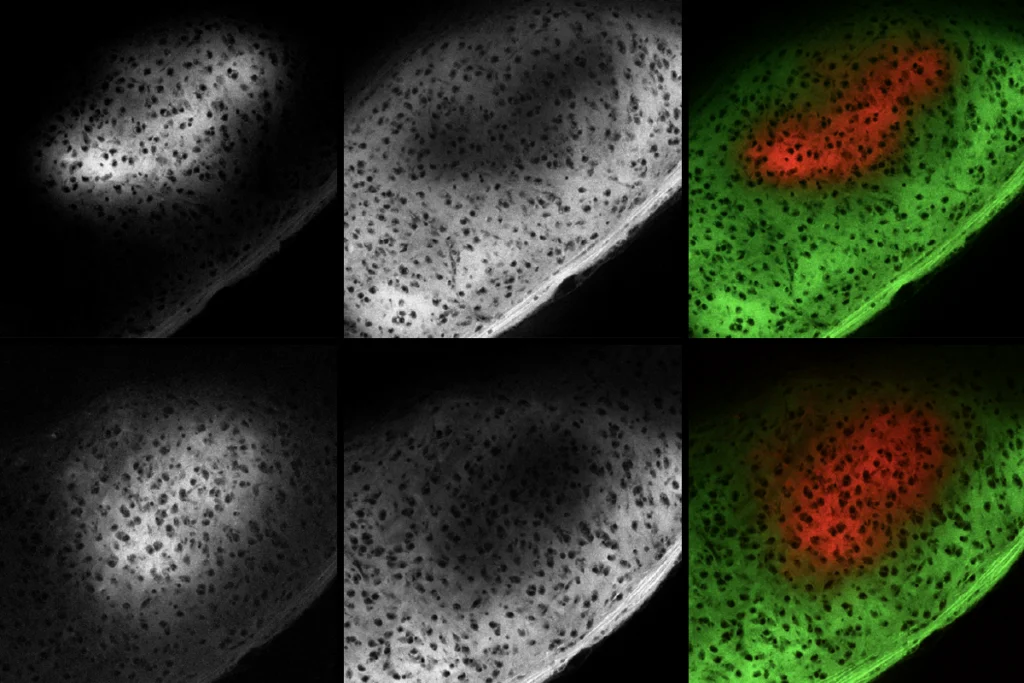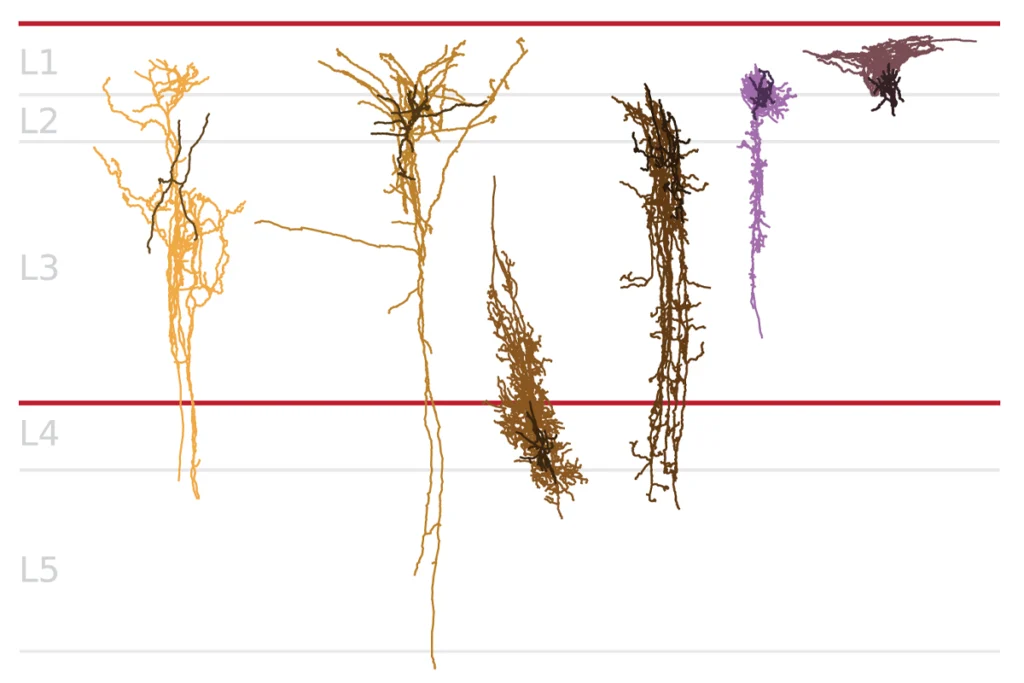Knvul Sheikh is a freelance science journalist based in New York. She writes about psychology, personalized medicine, genetics and culture. She served as web editor for Genome magazine, and her stories have appeared in The Atlantic, National Geographic, Popular Science, Scientific American and Vice, among others.

Knvul Sheikh
From this contributor
Spotted around the web: Week of 20 May 2019
Here is a roundup of news and research for the week of 20 May.
Spotted around the web: Week of 6 May 2019
Here is a roundup of news and research for the week of 6 May.
Spotted around the web: Week of 22 April 2019
Here is a roundup of news and research for the week of 22 April.
Spotted around the web: Week of 8 April 2019
Here is a roundup of news and research for the week of 8 April.
New figures for autism prevalence in China point to previous neglect
About 1 in 100 children in China has autism, suggesting the condition is more common in the country than previously thought.

New figures for autism prevalence in China point to previous neglect
Explore more from The Transmitter
Karen Adolph explains how we develop our ability to move through the world
How do babies' bodies and their environment teach them to move—and how can robots benefit from these insights?

Karen Adolph explains how we develop our ability to move through the world
How do babies' bodies and their environment teach them to move—and how can robots benefit from these insights?
Microglia’s pruning function called into question
Scientists are divided over the extent to which the cells sculpt circuits during development.

Microglia’s pruning function called into question
Scientists are divided over the extent to which the cells sculpt circuits during development.
Early trajectory of Alzheimer’s tracked in single-cell brain atlases
Inflammation in glia and the loss of certain inhibitory cells may kick off a disease cascade decades before diagnosis.

Early trajectory of Alzheimer’s tracked in single-cell brain atlases
Inflammation in glia and the loss of certain inhibitory cells may kick off a disease cascade decades before diagnosis.